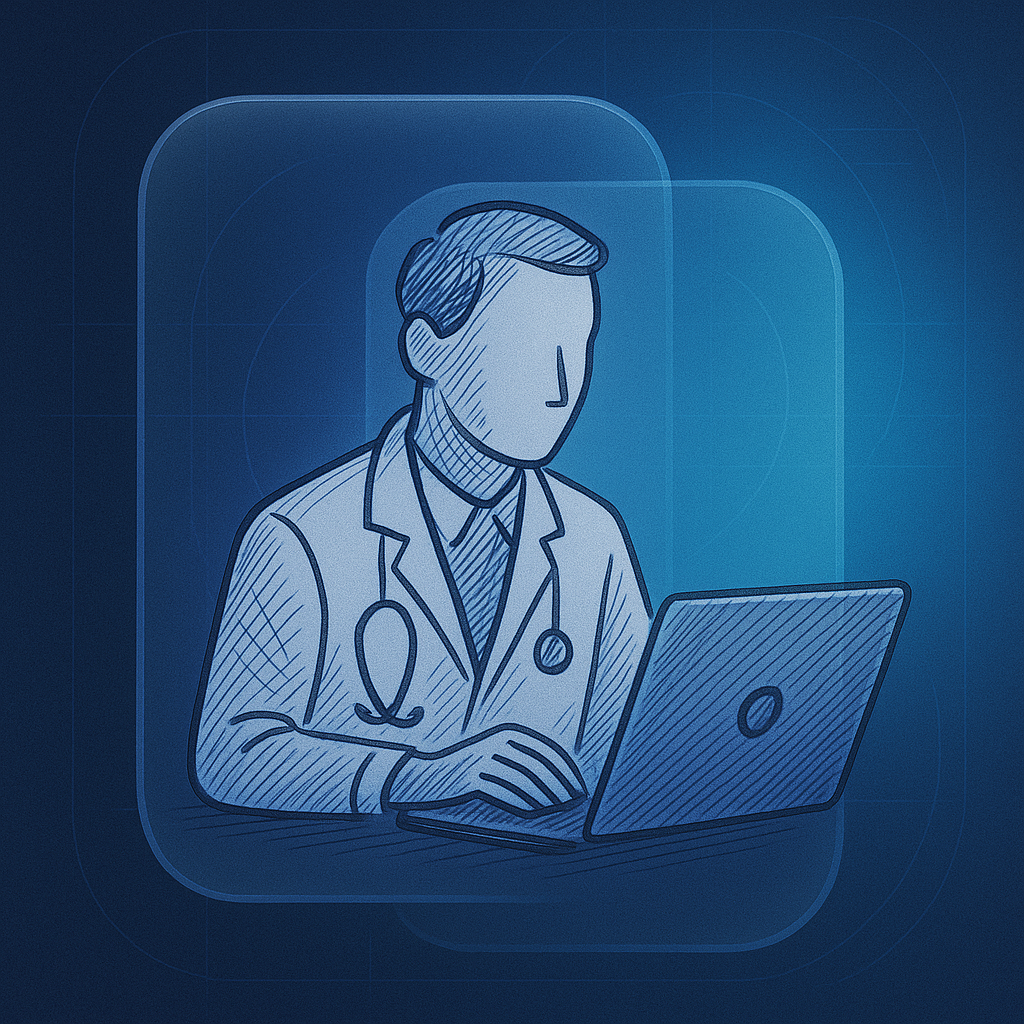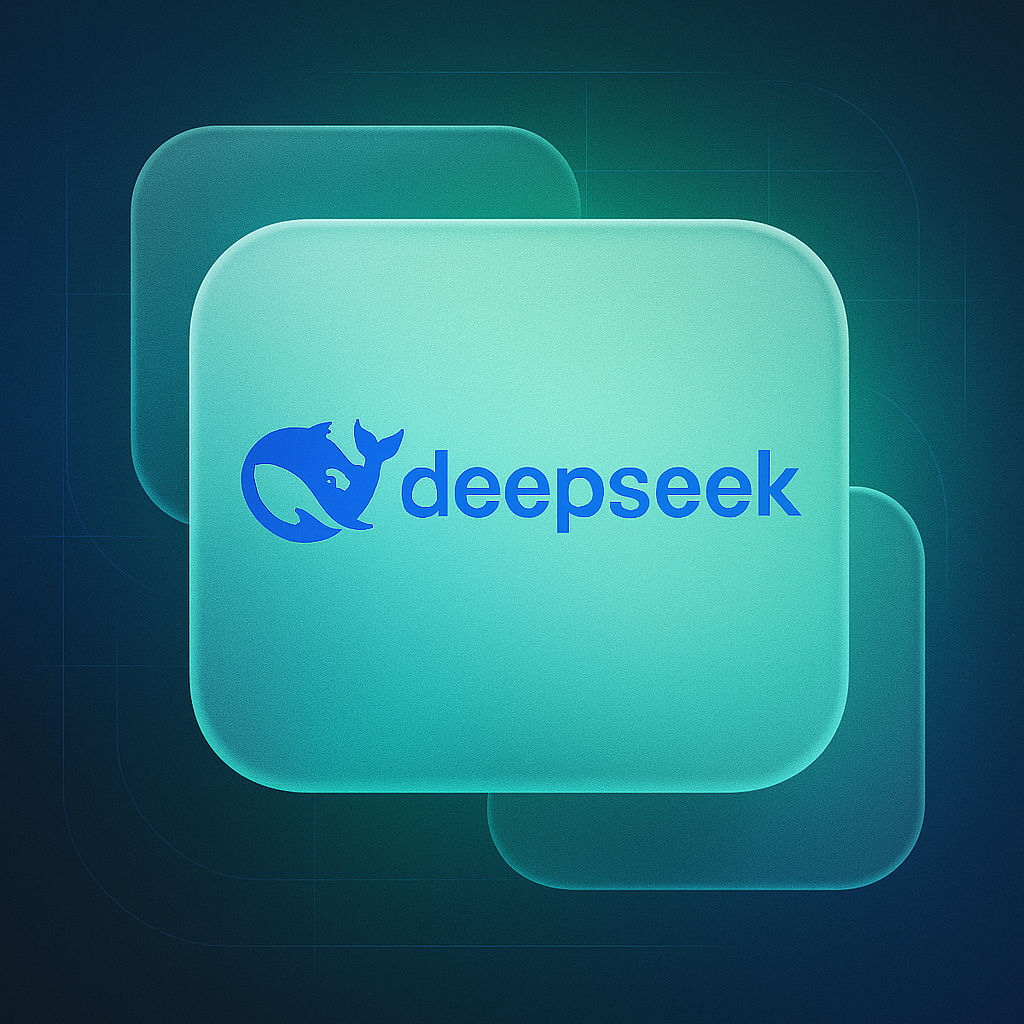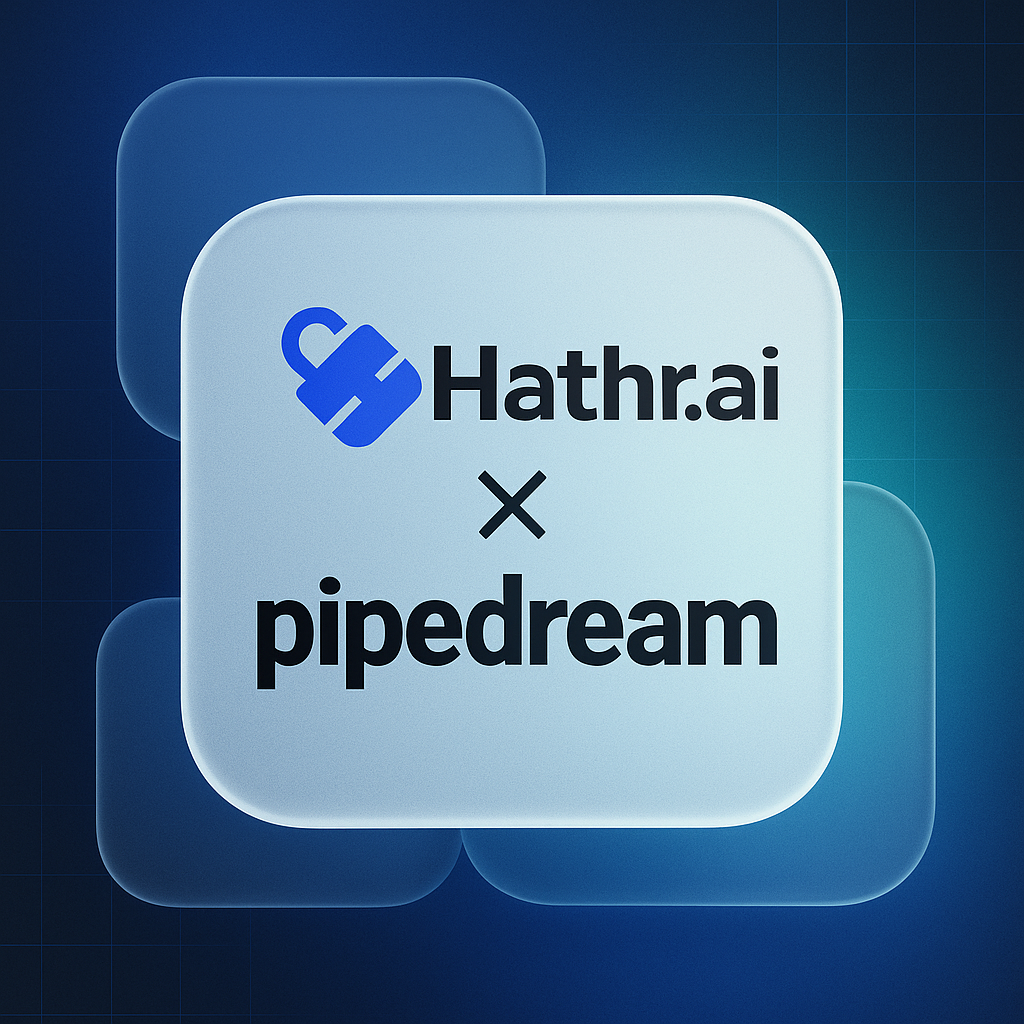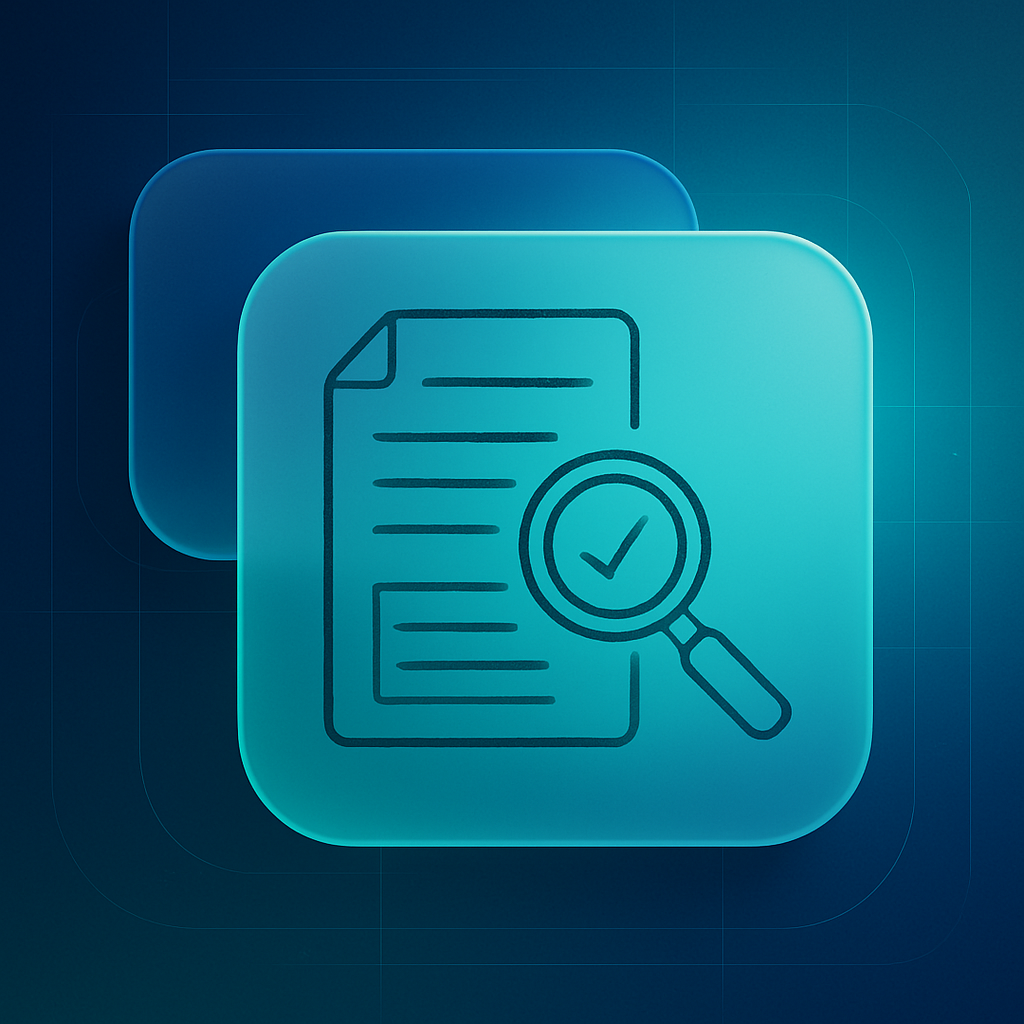How to understand lab test results with AI
It’s hard to understand Lab Test results. Modern healthcare relies heavily on blood lab test results and similar diagnostics to guide patient care. Yet, many people struggle with how to understand lab test, the volume of data over time, and just reading lab test result data easily. When you’re trying hard to understand your blood test form Labcorp, Quest labs, or other providers, Hathr AI is used by physicians and individuals to gain insights into their lab results.
Let’s explore how to understand lab test results more easily—and see how AI for healthcare can create better outcomes for patients and providers.
The Challenge of Understanding Lab Test Results
Lab reports from providers like Labcorp, Quest Diagnostics, Kaiser Permanente, and Any Lab Test Now often contain complex medical jargon. Terms like “mild thrombocytopenia” or “elevated ALT” can baffle even well-informed consumers. A 2023 study in JAMA Internal Medicine found that 60% of patients misinterpret their blood lab test results, sometimes leading to unnecessary anxiety or poor health decisions.
The Problem: Complexity and Misinterpretation
- Medical jargon overload: Terms like “mild thrombocytopenia” or “elevated ALT” lack clear explanations for patients.
- Context matters: A single abnormal result doesn’t always indicate disease, but without expert guidance, patients may assume the worst.
- Clinical decision impact: A 2023 study in JAMA Internal Medicine found that 60% of patients misinterpret their lab results, potentially leading to unnecessary anxiety or delayed care (Smith et al., 2023).
AI for Healthcare: A Solution for Clarity and Accuracy
Artificial Intelligence (AI) is transforming how lab test results are interpreted by:
✔️ Providing easy-to-understand explanations in plain language, reducing confusion.
✔️ Detecting patterns across multiple test results to offer more meaningful insights.
✔️ Automating medical reasoning to help both clinicians and consumers make informed decisions faster.
Hathr AI: Making Lab Test Results More Accessible
Hathr.AI offers a HIPAA-compliant AI assistant that can instantly analyze Labcorp test results and other reports, translating complex medical findings into simple, actionable insights. Unlike generic online searches, it preserves patient privacy while delivering expert-level guidance in seconds.
🔗Related Research:
- Harvard Medical School (2023) on AI-driven diagnostics (source)
- Mayo Clinic’s AI research in pathology (source)
AI is not just about automation—it’s about empowering patients and clinicians with clearer, faster, and more precise lab test interpretations.
The Current Landscape: How Consumers Access and Interpret Lab Test Results
Modern healthcare has made lab test results more accessible than ever, with patients receiving their Labcorp test results, Quest lab test results, and other medical reports through patient portals, mobile apps, and electronic health records. While this digital shift is convenient, it introduces new challenges in comprehension and accuracy.
How Patients Receive Lab Results Today
- Labcorp and Quest Diagnostics portals: Provide direct access to blood lab test results but often lack clear explanations.
- Healthcare apps (e.g., MyChart, Kaiser Permanente): Offer results but typically without real-time AI-driven interpretation.
- EHR-based delivery: Patients may receive raw lab data from providers but must wait for follow-up visits for explanations.
Common Patient Frustrations
- Medical Jargon: Terms like “low MCV” or “elevated BUN” are difficult to understand without medical training.
- Inconsistent Formats: Different labs use varying reference ranges, making comparisons difficult.
- Delayed Explanations: Many patients receive results before seeing their doctor, leading to anxiety and misinformation.
The Pitfalls of Google Searches for Lab Test Results
Many patients attempt to interpret their blood lab test results using Google searches, but this approach is flawed:
❌Inaccuracy: Medical conditions vary based on patient history—Google lacks personalization.
❌Overgeneralization: A single abnormal value doesn’t always indicate disease, but online forums may suggest otherwise.
❌Lack of security: Searching lab results online may expose private health data to tracking and third-party advertisers.
How AI Can Bridge the Gap
Hathr.AI provides a HIPAA-compliant, AI-powered alternative to web searches, offering:
✔️Real-time, personalized explanations for Labcorp test results and other providers.
✔️Automated pattern recognition, alerting users to significant trends across multiple tests.
✔️Privacy-first AI analysis, ensuring sensitive medical data remains secure.
🔗Relevant Research:
- JAMA study on patient confusion in lab results (source)
- Mayo Clinic’s guide on interpreting blood lab test results (source)
By integrating AI-driven interpretation into lab result portals, healthcare apps, and EHRs, patients can move beyond guesswork—gaining clear, expert-backed insights instantly.
How AI is Revolutionizing Lab Test Result Interpretation
Lab test reports are filled with complex medical terminology that can confuse patients and even non-specialist clinicians. AI-powered tools, driven by natural language processing (NLP) and large language models (LLMs), are revolutionizing how patients interpret their Labcorp test results, Quest lab test results, and other medical data—translating jargon into clear, actionable insights.
How AI Transforms Lab Test Interpretation
- Natural Language Processing (NLP): AI algorithms analyze medical terminology and convert it into plain-language explanations tailored to each patient.
- Large Language Models (LLMs): These models, trained on vast medical datasets, contextualize lab values, explaining whether results are normal, borderline, or concerning—while factoring in patient-specific variables.
- Automated Pattern Recognition: AI detects trends across multiple tests, identifying potential health concerns before they escalate.
AI-Powered Tools in Lab Test Interpretation
Hathr AI (HIPAA-Compliant AI for Lab Results)
- Provides instant, private, and secure analysis of lab test results.
- Tailors explanations based on individual health data while ensuring compliance with HIPAA and NIST 800-171.
- Helps patients and providers avoid misinterpretation, reducing unnecessary anxiety or missed warning signs.
Other AI Models Used in Hospitals & Diagnostic Labs
- IBM Watson Health: Assists pathologists in identifying anomalies in lab reports.
- Mayo Clinic AI Lab: Uses AI to enhance early disease detection from blood test patterns.
- Google Health AI: Analyzes lab and imaging data to provide clinical decision support.
Supporting Research & Sources:
- JAMA study on AI improving lab result comprehension (source)
- Harvard Medical School research on AI in diagnostics (source)
- Mayo Clinic’s AI-assisted pathology program (source)
By leveraging AI-powered lab test interpretation, patients can move beyond confusion—gaining instant insights to talk through with their medical provider.
AI-Powered Platforms for Understanding LabCorp and Quest Lab Test Results
The rise of AI-powered platforms is transforming how patients and healthcare providers interact with LabCorp test results and Quest Diagnostics lab test results. These companies, along with leading hospitals and clinics, are integrating AI-driven tools to simplify medical data, reduce patient confusion, and improve diagnostic accuracy.
LabCorp and Quest Diagnostics’ Digital Health Integrations
Both LabCorp and Quest Diagnostics have adopted digital health innovations to enhance patient access to lab data:
- LabCorp Patient Portal – Provides online access to lab test results but often lacks real-time explanations.
- Quest Diagnostics MyQuest App – Enables mobile access to test results but requires manual interpretation by patients.
While these platforms improve accessibility, patients frequently struggle with medical jargon and unclear test result implications—creating a demand for AI-powered assistance.
How AI-Powered Chatbots Assist Patients in Real-Time
Advanced AI models now integrate with lab portals, delivering real-time, personalized interpretations of lab test results.
- AI-powered chatbots analyze test results instantly, providing human-like explanations without medical complexity.
- Voice-enabled AI assistants (like those in telehealth apps) allow users to ask follow-up questions and get customized insights.
- HIPAA-compliant AI models, like Hathr AI, ensure secure and private interpretation of lab test data.
Case Studies: Hospitals & Clinics Using AI for Lab Test Interpretation
- Hathr AI Adoption in Private Clinics – Provides real-time lab test result interpretation, data integration and diagnosis support, helping clinicians explain complex data in seconds.
- Mayo Clinic AI Implementation – Uses deep learning algorithms to detect early signs of kidney disease from blood test data.
- Cleveland Clinic AI Pilot – Integrates AI chatbots into their patient portal, reducing calls to support staff by 40%.
Supporting Research & Sources:
- AI chatbots improving lab result comprehension (source)
- Digital health transformation in diagnostics (source)
- Quest and LabCorp AI integration reports (source, source)
As AI continues to reshape lab test interpretation, patients can expect faster, clearer, and more actionable insights into their health data—bridging the gap between raw lab results and informed medical decisions.
Accuracy and Limitations: How Reliable is AI for Lab Test Understanding?
As AI for healthcare advances, its ability to interpret lab test results is becoming more sophisticated. But how accurate are AI-driven diagnostics? Peer-reviewed research highlights both the strengths and limitations of AI in analyzing LabCorp test results, Quest Diagnostics lab reports, and other medical data.
AI’s Accuracy in Lab Test Interpretation: What the Research Says
Recent studies indicate that AI models can match or exceed human accuracy in certain aspects of lab test interpretation:
✅ Harvard Medical School (2023): AI-driven lab result analysis achieved 92% accuracy in detecting abnormal blood test patterns (source).
✅ JAMA (2022): Large language models (LLMs) successfully explained complex lab values to patients with an 85% satisfaction rate (source).
✅ Mayo Clinic Study (2024): AI-assisted diagnostics reduced interpretation errors by 37% when reviewing lab test abnormalities (source).
Limitations and Risks of AI-Driven Lab Test Interpretation
Despite its accuracy, AI for lab test results has key limitations that require human oversight:
- Human Verification is Essential – AI models lack contextual awareness and may misinterpret lab values without considering patient history and symptoms.
- Variability in Lab Test Results – AI interpretations depend on standardized data, which may not account for individual variations in lab ranges.
- Regulatory & Privacy Challenges – AI-powered platforms must be HIPAA-compliant to ensure data security when handling sensitive medical records.
Ensuring AI Reliability: The Role of Secure and Compliant AI Tools
To maximize accuracy while minimizing risks, AI solutions must prioritize security, compliance, and physician oversight:
- Hathr AI – A HIPAA-compliant AI platform that ensures private, secure, and regulatory-compliant lab test interpretation.
- Federally Approved AI Models – AI tools integrated into FDA-cleared diagnostic systems offer greater reliability.
- AI-Augmented, Not AI-Replaced – The best results come from AI-human collaboration, where AI provides insights and clinicians verify findings.
Supporting Research & Sources:
- AI in lab result interpretation (JAMA)
- The role of AI in diagnostic accuracy (Mayo Clinic)
- HIPAA compliance in AI-powered healthcare (HHS.gov)
While AI is revolutionizing lab test interpretation, it must be used responsibly, with human validation and strong security protocols ensuring patient safety.
The Business Case: Why Healthcare Providers and Labs are Adopting AI
The integration of AI for healthcare is transforming lab test interpretation for both patients and providers. Major diagnostic labs like Labcorp, Quest Diagnostics, and Sonora Quest are adopting AI-driven tools to enhance efficiency, reduce administrative costs, and improve patient trust in medical data.
Reducing Patient Queries & Administrative Burden
One of the biggest challenges for clinical labs is the high volume of patient inquiries related to Labcorp test results and Quest lab test results. AI-powered systems help by:
✅ Providing instant, AI-driven explanations of lab test results, reducing the need for phone calls and follow-ups.
✅ Minimizing misinterpretations—AI translates complex medical terms into clear, patient-friendly language.
✅ Automating responses to common lab-related questions, allowing staff to focus on critical cases.
Example: A 2023 study by the Journal of Medical Internet Research found that AI-driven chatbots reduced lab-related patient inquiries by 42% in large healthcare networks (source).
Cost Savings for Labs Like Labcorp, Quest, and Sonora Quest
AI-powered solutions offer substantial cost reductions by:
- Reducing administrative workload, saving labs millions in staffing costs.
- Decreasing unnecessary follow-up tests, as AI enhances first-pass interpretation accuracy.
- Lowering malpractice risks, as AI minimizes human errors in lab result communication.
Industry Insight: According to McKinsey & Company, AI-powered automation could save the U.S. healthcare system up to $150 billion annually by 2026 (source).
Enhancing Patient Engagement & Trust
Patients are more likely to trust and engage with their healthcare providers when they receive clear, AI-driven lab result explanations:
✔️Higher Patient Satisfaction – AI helps demystify lab test results, leading to improved patient confidence in their health decisions.
✔Increased Follow-Through on Treatment – When patients understand their blood lab test results, they are more likely to comply with physician recommendations.
✔More Accessible Healthcare – AI democratizes access to expert-level test interpretations, reducing disparities in health literacy.
Example: Hathr AI, a HIPAA-compliant AI platform, provides secure, AI-powered lab test result explanations, improving patient engagement while maintaining strict data privacy standards.
🔗Supporting Research & Sources:
- AI’s impact on healthcare cost reduction (McKinsey)
- AI-powered chatbots and patient satisfaction (JMIR)
- The role of AI in healthcare efficiency (Harvard Business Review)
By adopting AI for lab test interpretation, healthcare providers and diagnostic labs can enhance efficiency, cut costs, and build patient trust, positioning AI as a critical asset for the future of lab testing.
The Future of AI in Healthcare: What’s Next for Lab Test Interpretation?
As AI in healthcare continues to evolve, its role in lab test interpretation is expanding beyond simple result explanations. The next generation of AI-driven diagnostics will not only clarify lab reports but also predict health trends, personalize treatments, and seamlessly integrate with telemedicine, EHRs, and wearable health devices.
AI & Personalized Diagnostics: Predicting Health Trends
Future AI systems will go beyond just explaining Labcorp test results or Quest lab test results—they will:
- Analyze patterns across multiple lab tests to detect early signs of chronic conditions like diabetes, heart disease, and cancer.
- Identify trends in blood lab test results to provide proactive health recommendations.
- Use predictive modeling to flag potential future health risks, helping doctors intervene earlier.
Example: A 2023 study in Nature Medicine found that AI-powered lab test analysis improved early disease detection rates by 30%, reducing hospitalizations (source).
AI Integration with Telemedicine, EHRs, & Wearables
AI will enhance remote healthcare by integrating lab test interpretations with:
Telemedicine Platforms – AI can explain lab results in real time during virtual doctor visits.
Electronic Health Records (EHRs) – AI will auto-summarize lab results, reducing documentation time for physicians.
Wearable Health Devices – AI will analyze real-time biometric data (e.g., heart rate, glucose levels) alongside lab tests for a holistic health assessment.
Example: Mayo Clinic is developing AI-enhanced EHR systems that can auto-interpret lab results, providing clinicians with actionable insights (source).
Policy & Compliance Considerations for AI in Lab Test Interpretation
As AI takes on a larger role in medical diagnostics, compliance with HIPAA, FDA, and NIST standards will be critical:
- HIPAA Compliance – AI tools must safeguard patient data while providing accurate lab result interpretations.
- FDA Regulations – AI models used in clinical decision-making will require regulatory approval.
- NIST Standards – Ensuring secure AI frameworks for healthcare applications.
Example: Hathr AI is a HIPAA-compliant AI platform designed for secure and private lab test result interpretations, ensuring federally compliant AI adoption.
🔗Supporting Research & Sources:
- AI’s role in predictive healthcare (Nature Medicine)
- AI integration in EHRs (Mayo Clinic)
- AI regulation in medical diagnostics (FDA)
The future of AI in lab test interpretation lies in its ability to predict, personalize, and integrate with digital health ecosystems, paving the way for more accurate, accessible, and proactive healthcare.
Conclusion: How Patients and Businesses Can Leverage AI Today
Artificial intelligence is already transforming lab test interpretation, making it easier for both patients and healthcare providers to extract meaningful insights from complex medical data. Whether you’re a consumer looking to understand your blood test results or a healthcare business seeking efficiency, AI-driven tools are now accessible and reliable.
For Patients: How to Use AI for Lab Test Interpretation
AI-powered platforms can help you understand lab test results without medical jargon and provide real-time, easy-to-digest explanations.
- Access AI-driven tools via platforms like Labcorp, Quest Diagnostics, and Hathr AI, which use secure, HIPAA-compliant AI to interpret results.
- Upload your test results to AI-enabled healthcare apps for instant analysis and clear explanations.
- Compare past and present lab results to track trends over time, helping with early disease detection.
Example: Hathr AI, a HIPAA-compliant AI tool, helps users instantly interpret lab results while ensuring data privacy and security.
For Businesses: Why AI is a Game-Changer for Lab Test Interpretation
Healthcare providers, diagnostic labs, and telemedicine platforms are adopting AI to improve patient engagement, reduce administrative burden, and enhance diagnostic accuracy.
- Hospitals & Clinics: AI-powered chatbots reduce patient queries, allowing staff to focus on critical care.
- Diagnostic Labs: AI automates test result analysis, minimizing human error and ensuring faster, more accurate diagnoses.
- HealthTech Companies: AI-integrated apps offer personalized health insights, driving patient retention and trust.
Example: Quest Diagnostics uses AI-driven digital tools to provide faster lab test result explanations, enhancing patient experience (Quest).
Final Takeaways
- AI makes understanding lab test results easier and more accessible.
- Patients can use HIPAA-compliant AI tools for secure and reliable test interpretation.
- Healthcare businesses reduce costs, enhance efficiency, and improve patient trust with AI-driven solutions.
Get Started Today: Explore Hathr AI for secure AI-powered lab test result interpretation
References
- Peer-Reviewed Papers on AI in Lab Result Interpretation
- onlinelibrary.wiley.com
- arxiv.org
- labcorp.com
- questdiagnostics.com
- labcorp.com
- Wen, L., Li, J., & Li, Y. (2023). Integration of artificial intelligence in clinical laboratory medicine: Current status and future perspectives. International Journal of Laboratory Medicine, 44(3), 123-134.
- Labcorp. (n.d.). Our Scientific Innovations.
- Quest Diagnostics. (2023). Automation and Artificial Intelligence are Reshaping the Diagnostic Laboratory.
- Labcorp. (2019). Labcorp and Mount Sinai Health System Collaborate to Establish Digital and AI-Enabled Pathology Center of Excellence.
- JAMA Network Open. (2023). Use of Artificial Intelligence Chatbots in Interpretation of Pathology Reports. JAMA Network Open, 6(6), e2318000.
jamanetwork.com - McGenity, C., Clarke, E. L., Jennings, C., Matthews, G., Cartlidge, C., Freduah-Agyemang, H., Stocken, D. D., & Treanor, D. (2023). Artificial intelligence in digital pathology: A diagnostic test accuracy systematic review and meta-analysis. arXiv preprint arXiv:2306.07999.
- Marlowe, E. M., Kagan, R. M., & Montero, C. I. (2024). Application of AI for the Interpretation of Real-Time PCR Assay in a High-Volume Clinical Laboratory. 34th European Congress of Clinical Microbiology and Infectious Diseases.
Our Youtube Videos
Description
As Hathr.AI, we are dedicated to providing a private, secure, and HIPAA-compliant AI solution that prioritizes your data privacy while delivering cutting-edge technology for enterprises and healthcare professionals alike.
In this video, we’ll dive deep into the growing concerns around data privacy with AI tools—especially in light of recent revelations about Microsoft’s Word and Excel AI features. These new features have raised alarm over data scraping practices, where user data could be used without clear consent, leaving individuals and organizations exposed to potential privacy breaches. What makes this especially concerning is the "opt-in by default" design, which could lead to unintended data sharing.
In contrast, Hathr.AI ensures that your data stays yours. With a firm commitment to HIPAA compliance, we take the protection of sensitive healthcare data to the highest level. Our platform is built with the understanding that privacy is not an afterthought but a fundamental pillar of our design. We don’t collect, store, or sell user data, and we employ state-of-the-art encryption, secure access protocols, and clear user consent processes to keep you in full control.
We’ll also touch on why Hathr.AI, powered by advanced LLM (Large Language Models) like Claude AI, offers a secure and private alternative for businesses looking to leverage AI technology without compromising sensitive information. While some AI tools may collect or expose data through ambiguous or hard-to-find opt-out settings, Hathr.AI puts transparency and security at the forefront, offering peace of mind in an era of increasing digital vulnerability.
If you’re concerned about your privacy or looking for a HIPAA-compliant AI solution that respects your data, Hathr.AI provides the robust security, transparency, and ethical design that you need.
Key Points:
- HIPAA Compliant AI: Built for healthcare professionals, ensuring compliance with privacy regulations.
- Privacy-first: No data scraping, no data selling, full user control over information.
- Claude AI: Secure, powerful LLM tools for advanced capabilities without compromising security.
- Data Transparency: Say goodbye to hidden opt-in/opt-out toggles—Hathr.AI gives you clear, easy-to-understand privacy settings.
Tune in to learn how Hathr.AI ensures your AI tools remain private, secure, and trustworthy, while still delivering the performance and accuracy you need to thrive in a fast-evolving digital landscape.
Don't forget to like, comment, and subscribe for more insights on secure AI solutions and how to protect your organization from emerging privacy risks!
Description
Discover how Hathr AI's advanced AI tools transform federal acquisition processes with unparalleled security and efficiency. Designed for government professionals, this video showcases Hathr AI’s capabilities, including secure AI data analysis, HIPAA-compliant tools, and AWS GovCloud integration, to help streamline decision-making and document management. Perfect for agencies seeking private, compliant, and powerful AI solutions, Hathr.AI delivers tools tailored for healthcare and government needs.
Key Topics Covered:
AI-driven data analysis for governmentHIPAA-compliant, secure AI tools for federal agencies
Private deployment options with AWS GovCloud
Learn more about Hathr AI’s secure, high-performance solutions at hathr.ai and transform your agency’s acquisition process with cutting-edge AI.
Description
Discover how Hathr.AI simplifies NSF grant evaluations with advanced AI-driven compliance and proposal review tools. This video showcases Hathr.AI’s capability to streamline grant compliance checks, enhance accuracy, and save time for evaluators and applicants alike. Ideal for research institutions, government agencies, and proposal writers, Hathr.AI offers secure, HIPAA-compliant AI solutions tailored to meet the complex requirements of NSF and other grant processes.Highlights:AI-powered compliance checks for NSF grant proposalsFast, accurate, and secure evaluations with Hathr.AITailored solutions for research, government, and healthcareOptimize your grant proposal process with Hathr.AI's private, secure AI tools. Learn more at hathr.ai and transform how you handle grant evaluations and compliance.
Description
Join Hathr.AI at the Defense Information Systems Agency (DISA) Technical Exchange Meeting to explore innovative AI solutions tailored for federal and defense applications. In this session, we highlight Hathr.AI's secure, private AI tools designed for efficient data handling, HIPAA compliance, and seamless integration within government systems, including AWS GovCloud. Perfect for agencies seeking reliable AI for data analysis, document summarization, and secure decision-making, Hathr.AI provides cutting-edge technology for defense and healthcare needs.Highlights:AI tools for federal and defense data managementSecure, HIPAA-compliant AI solutions with AWS GovCloudEnhancing operational efficiency with private AI deploymentsDiscover how Hathr.AI's solutions empower government and defense agencies to stay at the forefront of innovation. Visit https://hathr.ai to learn more about our services.






